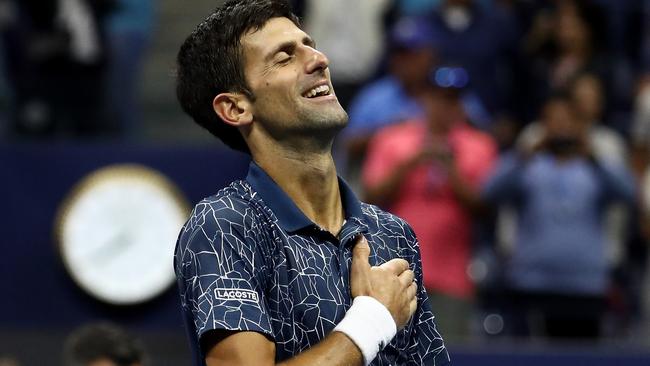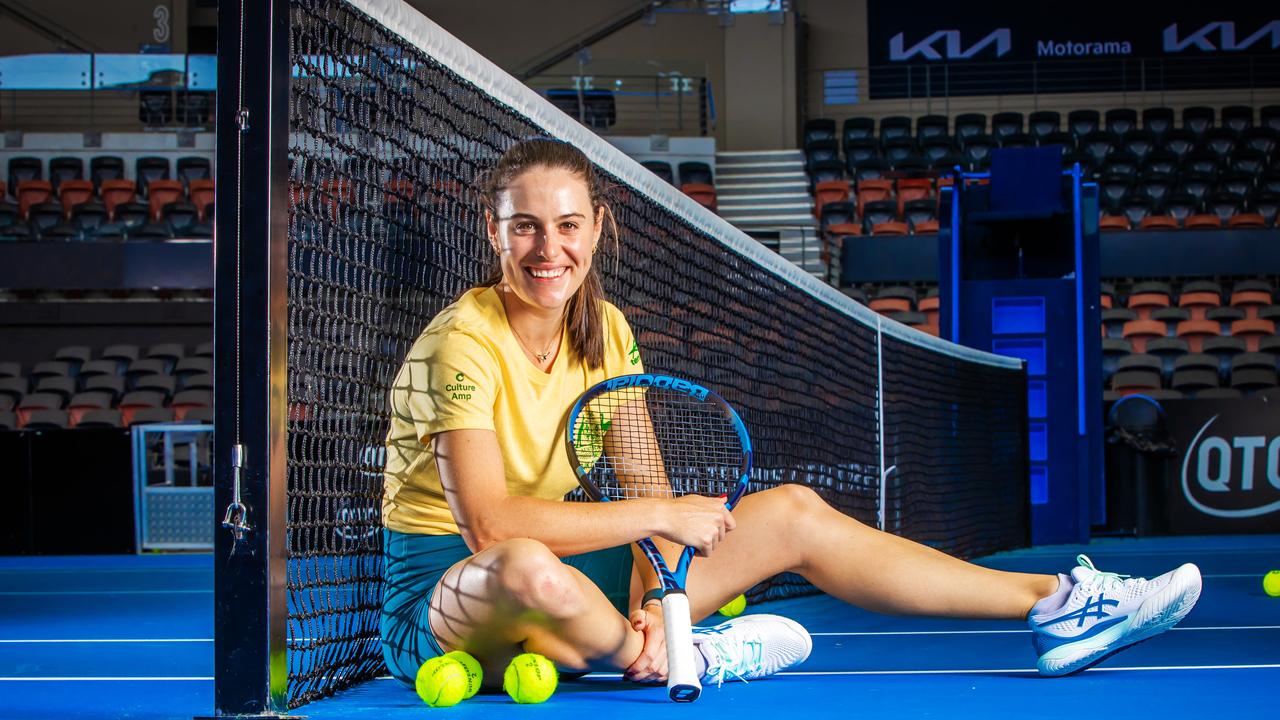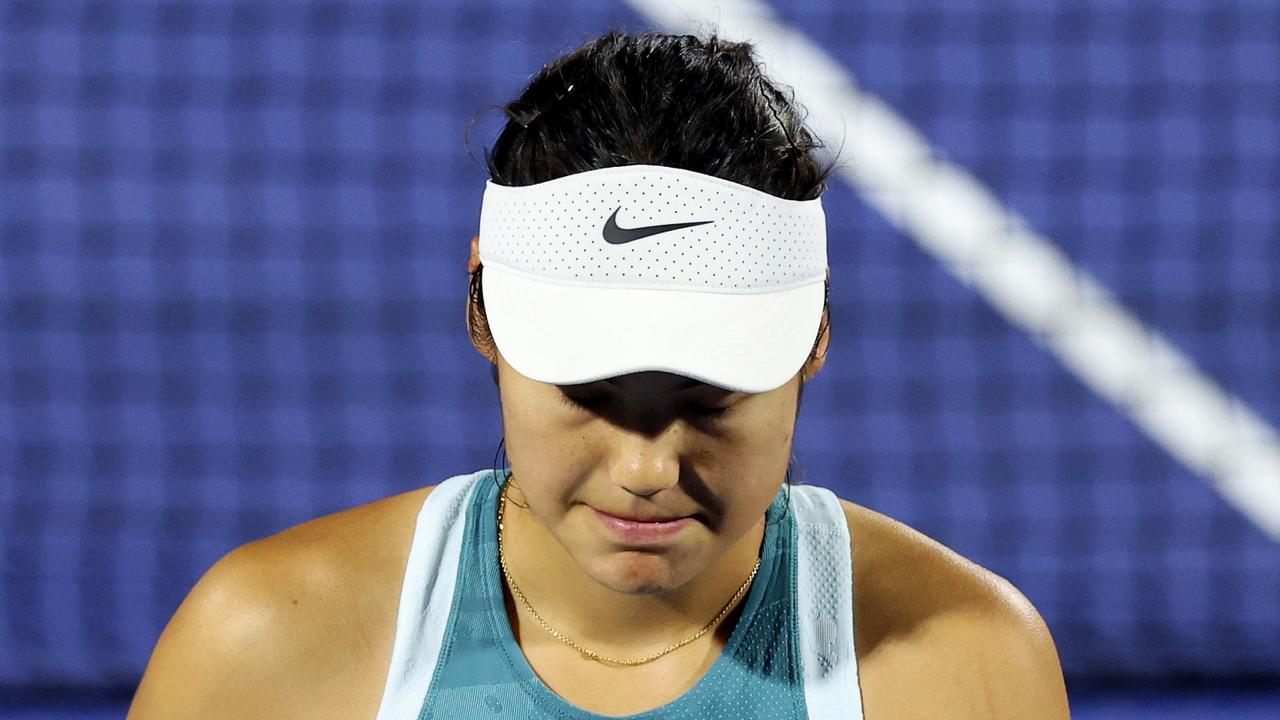US Open: Djokovic sights Nadal and Federer after matching Sampras
A resurgent Novak Djokovic is back in the race for grand slam immortality with Roger Federer and Rafael Nadal.

It is arguably the greatest race in world sport, a contest rich in history that has pitted three legendary athletes against each other in breathtaking matches around the globe.
And with a resurgent Novak Djokovic claiming his second grand slam title in succession at the US Open yesterday, the prospect remains that the tortoise may yet claim the hares when the careers of the Serbian, Roger Federer and Rafael Nadal are complete.
Djokovic, now a 14-time major champion after winning his third US crown in New York yesterday by defeating Juan Martin del Potro 6-3 7-6 (3) 6-3, is the tortoise simply because he is younger than his peers.
Certainly the tag is a contradiction to the 31-year-old’s incredible speed and agility, which is the basis of an extraordinary defence, and the swiftness with which he has reeled in his rivals on the grand slam honour board this decade.
By denying Del Potro on his return to a major final for the first time since his triumph at Flushing Meadows nine years ago, Djokovic has drawn level with his childhood inspiration Pete Sampras in outright third position.
Federer, who is 37, leads with 20 grand slam championships. Nadal, at 32 and again looking frail, sits second on 17. Djokovic is now only three majors behind him.
Since 2011, Djokovic has won 13 major championships compared to the eight won by the Spaniard and four from Federer.
Yesterday, the man blessed with a return of serve so remarkable that he is the closest match in tennis to a brick wall, touched on what it meant to him to match the deeds of Sampras, whose serve is considered among the finest in history.
Djokovic said: “I respect history, everyone that has paved the path for me and all of us to be doing what we’re doing, to be part of this wonderful sport.
“Pete Sampras is one of the biggest legends ever to play the game. He was my childhood idol. The first thing I saw related to tennis on the TV was his first or second Wimbledon championship. That inspired me to start playing tennis.
“There is a lot of significance (for) me being now shoulder to shoulder in terms of grand slam wins with him. To actually be here, it’s a dream come true.”
It is remarkable that Djokovic stands amid the greats given he hails from a family for whom tennis was foreign and from a land that tore itself apart while he was a child.
What is also remarkable is that Djokovic, like Federer and Nadal, has risen again after a period in the wilderness.
When the 31-year-old stormed into the press centre at Roland Garros after a quarter-final loss to Marco Cecchinato this year and snapped that he may not play the grass season, it seemed possible he might never win another grand slam title.
Djokovic attributed a hike up Mont Sainte-Victoire, a mountain in Provence, with his wife Jelena, for helping him find “new motivation, new perspective”.
“I thought of tennis, thought of the emotion that tennis provokes in me in a way. It was all positives,” he said.
“I just felt like I had new breath for this sport. The rest is history in terms of results, in terms of how I felt. I just felt like (I possessed) a whole wave of energy that I was thriving on from that moment.”
Federer started a sustained period of dominance in 2003 and was soon joined by Nadal and later Djokovic.
The Serbian had established himself the most brilliant player on the planet when he claimed a non-calendar grand slam at the French Open in 2016, only to relent for a period just as his two playing contemporaries did.
During Djokovic’s drift, the old firm re-established their superiority, sharing the spoils in six straight majors. But the youngest of the trio has responded to their challenge, with wins at Wimbledon and then in New York, breathing further life into the great race.
“I was talking about this before, that maybe 10 years ago I would say I’m not so happy to be part of this era with Nadal and Federer,” he said.
“Actually today I am. I really am. I feel like these guys, rivalries with these guys, matches with Federer and Nadal, have made me the player I am, have shaped me into the player I am today.
“I have (the) utmost respect for what they have achieved, but also the champions (and) role models they are off the court.
“I think we have pushed each other to the limit every time we get to play each other. For me, that was always an ultimate challenge: to play Nadal or Federer anywhere.
“I had to figure out early in my career, when I was losing most of the big matches on the grand slams against them, what it takes for me to improve and develop my game to be able to challenge them, to be able to start winning against them when it matters the most.
“I think that was one of the most important moments and periods of my life, my tennis career, my development. I owe it to them.”


